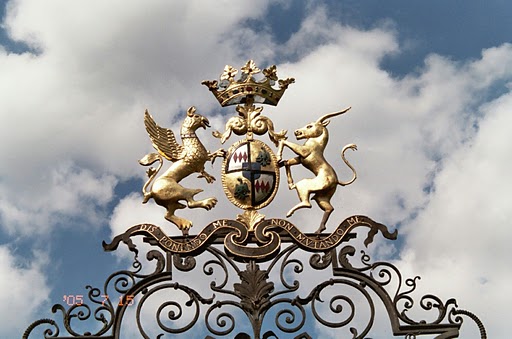Marcus SCRIVEN is on facebook with JASON BALLENSKIS WIFE TINA!! HEY MARCUS WANT ALL THE PHOTOS OF JASON BEATING THE DUKE IN THE STREET? YOU GOING TO TELL THE REAL STORY MARCUS!! Wait till the idiot is in prison you going to print that too!!
MARCUS SCRIVEN IS ON FACEBOOK WITH THE GUY WHO ATTACKED THE DUKE OF MANCHESTER!!!!
MARCUS SCRIVEN NEVER GETS THE FULL STORY HES PAID BY THE DUKES TRUSTEES TO SLANDER THE DUKES.
THE IDIOT JASON BALLENSKI WHO ATTACKED THE DUKE OF MANCHESTER ON JUNE 8th 2016. JASON BALLENSKI YOU ARE UP FOR THREE FELONYS!!!!
ON JUNE 8th 2016 JASON BALLENSKI, (Las Vegas) ATTEMPTED TO RUN ALEXANDER MONTAGU THE DUKE OF MANCHESTER OVER WITH HIS CAR. MANY PHOTOS AND WITNESSES. JASON BALLENSKI HIT THE DUKE WITH HIS CAR THEN JUMPED OUT OF HIS TOYOTA AND BEAT AND KICKED ALEX MONTAGU UNTIL HE WAS UNCONSCIOUS. THE SEVERAL WITNESSS HAD TO CALL POLICE AND AMBULANCE.
JASON BALLENSKI FLED TO HIS APARTMENT AT UNION APARTMENTS POLICE FLED UNION APARTMENTS TO CORA LYNN SHE TOLD THE POLICE WHERE JASON BALLENSKI LIVED.
JASON BALLENSKI WAS HIDEING IN HIS APARTMENT.
In MARCH JASON BROKE THE DUKES DOOR DOWN.
PHOTOS OF THIS ARE ALSO AVAILABLE.
PHOTOS OF THIS ARE ALSO AVAILABLE.
JASON BALLENSKI WAS STALKING THE DUKE FOR MONTHS. We believe Marcus SCRIVEN and Wendy BUFORD KEY THE DUKES CRAZY X WIFE SET THE DUKE OF MANCHESTER UP.
Wendy Montagu KEY TOLD PEOPLE SHE WANTED HER X HUSBAND THE DUKE DEAD OR IN JAIL. WE HAVE LOTS OF GOOD STUFF! WENDY IS REMARRIED AND DIVORCED TEN YEARS FROM THE DUKE.
Wendy Montagu KEY TOLD PEOPLE SHE WANTED HER X HUSBAND THE DUKE DEAD OR IN JAIL. WE HAVE LOTS OF GOOD STUFF! WENDY IS REMARRIED AND DIVORCED TEN YEARS FROM THE DUKE.













